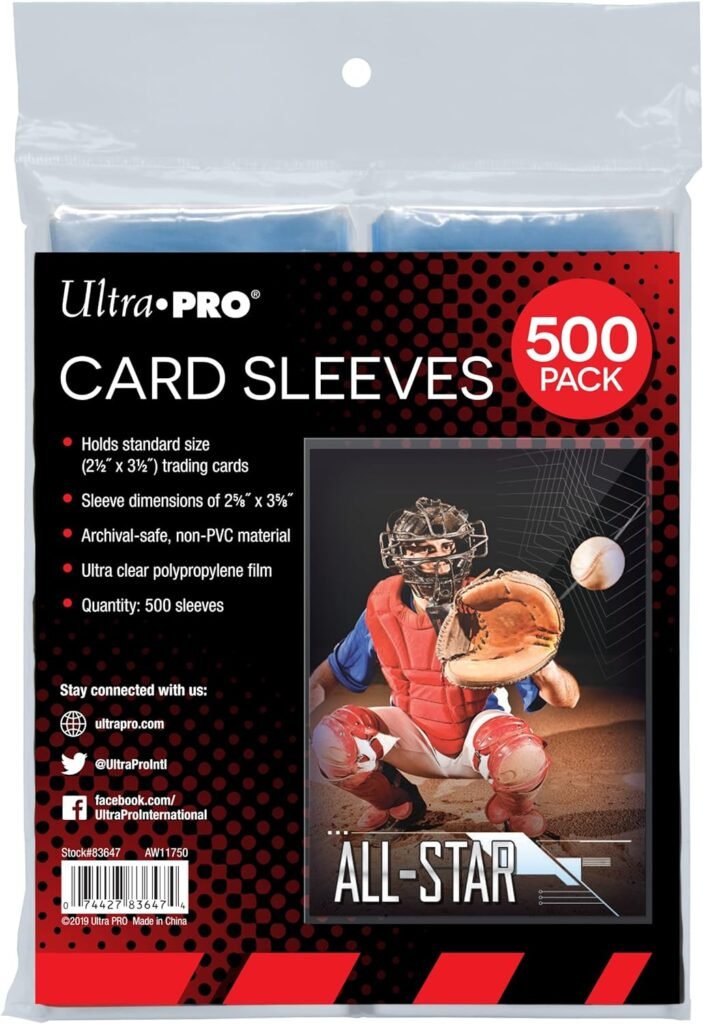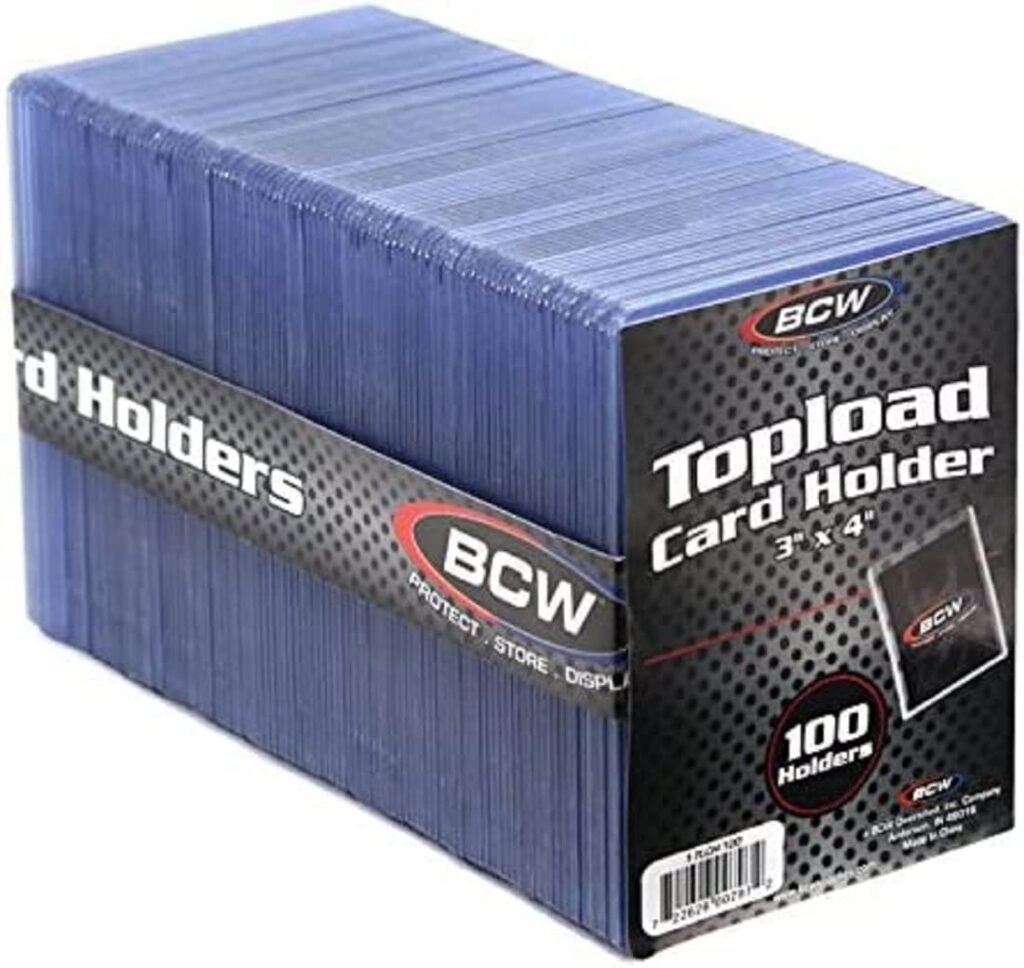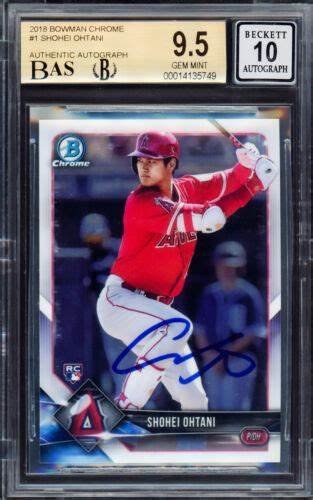Whether you’re an avid collector or just getting started, understanding the significance of card grading services is essential. These services play a crucial role in assessing and authenticating the condition of trading cards, providing a valuable resource for both buyers and sellers. By entrusting your cards to a professional grading service, you gain a reliable and objective evaluation that can greatly impact their value. With the increasing popularity of trading card collecting, it has become more important than ever to ensure the legitimacy and quality of your valuable pieces. Let’s explore the reasons why card grading services are an indispensable part of this thrilling hobby.
Benefits of Card Grading Services
Certification of Authenticity
One of the key benefits of using card grading services is the certification of authenticity they provide. When you send your cards to be graded, they undergo a rigorous inspection process by experts in the field. They examine every aspect of the card to authenticate its origin and ensure that it is not a counterfeit. Once the card is graded and encapsulated, it includes a certification label that guarantees its authenticity. This certification not only provides peace of mind for collectors and investors but also adds value to the card.
Enhanced Value
Another significant advantage of utilizing card grading services is the enhanced value that comes with it. Grading companies assign a numerical grade to each card based on its condition, which can range from poor to pristine. The higher the grade, the more valuable the card becomes. Graded cards are highly sought after by collectors and investors, as they can command higher prices in the marketplace. Additionally, the grading process ensures that potential buyers know exactly what they are getting, reducing the risks associated with purchasing ungraded cards.
Protection against Counterfeits
In the world of collectible cards, counterfeits can be a significant concern. Counterfeit cards not only deceive buyers but also undermine the integrity of the entire market. By utilizing card grading services, you can protect yourself against counterfeits. Grading companies have extensive experience in identifying fake cards and can spot even the most convincing replicas. By having your cards professionally graded and encapsulated, you can be confident that you are dealing with genuine, authentic cards.
Factors to Consider when Choosing a Card Grading Service
Reputation and Expertise
When selecting a card grading service, one of the essential factors to consider is the company’s reputation and expertise. Look for grading companies that have a solid reputation in the industry and are known for their accuracy and professionalism. Research customer reviews and seek recommendations from fellow collectors to ensure you are choosing a reliable service. Additionally, consider the expertise of the graders. Look for companies that have a team of experienced professionals who are knowledgeable in the specific type of cards you want to have graded.
Turnaround Time
The turnaround time of a card grading service can also be a crucial factor, especially if you are looking to sell or display your graded cards promptly. Different grading companies have varying processing times, which can range from a few days to several weeks. Consider your timeline and choose a service that offers a turnaround time that aligns with your needs. Keep in mind that faster turnaround times may come with additional fees or limited services, so be sure to weigh your options accordingly.
Consistency and Accuracy
Consistency and accuracy are paramount when it comes to card grading services. Seek out companies that have a reputation for being consistent in their grading standards. You want to ensure that the grading company you choose uses a reliable and transparent grading system that will give you confidence in the assigned grade. Look for grading companies that provide detailed grading notes and clear justification for their assigned grades. This transparency can help you make informed decisions about the value and condition of your graded cards.
Types of Cards that can be Graded
Sports Trading Cards
Sports trading cards are one of the most popular types of collectible cards that can be graded. Whether it’s baseball, football, basketball, or hockey cards, grading services cater to sports enthusiasts and collectors alike. Grading these cards not only enhances their value but also offers protection against counterfeits and ensures their authenticity.
Magic: The Gathering Cards
Magic: The Gathering is a popular collectible card game that appeals to a wide range of players and collectors. Card grading services recognize the value and significance of these cards and offer grading options specifically tailored to Magic: The Gathering cards. By having your Magic cards graded, you can increase their value and appeal to avid collectors in the marketplace.
Pokémon Cards
Pokémon cards have become a worldwide phenomenon, captivating both children and adults alike. With the immense popularity of Pokémon, grading services have adapted to include Pokémon cards in their offerings. Having your Pokémon cards professionally graded can significantly enhance their value, making them even more desirable to collectors and investors in the Pokémon community.
Understanding the Grading Process
Submission
The first step in the grading process is the submission phase. You need to choose a grading company and follow their guidelines for submitting your cards. This typically involves filling out a submission form, which includes details such as your contact information, the number of cards to be graded, and any additional services you require.
Inspection
Once your cards are received by the grading company, they go through a meticulous inspection process. Professional graders examine various aspects of the cards, including their condition, authenticity, and any potential flaws or alterations. The inspection phase ensures that only genuine, high-quality cards proceed to the next stage of grading.
Grading and Encapsulation
The final step in the grading process involves assigning a grade to each card and encapsulating it to ensure its long-term preservation. Graders assess the condition of the card based on specific criteria, such as centering, edges, corners, surface, and autographs. The assigned grade is then printed on the encapsulation holder, along with the certification label, providing a secure and visually appealing presentation for the graded card.
Determining Card Grades
Centering
One of the primary factors considered when determining card grades is the centering of the card. Graders examine how well the image on the card is centered within the borders. Cards with perfect centering receive higher grades, while those with noticeable misalignment may receive a lower grade.
Edges
The condition of the card’s edges is another critical factor in determining its grade. Graders look for sharp, clean edges without any signs of wear, chipping, or dents. Cards with well-preserved edges typically receive higher grades.
Corners
The corners of a card can provide valuable insights into its overall condition. Graders examine the corners to assess their sharpness and any signs of damage or wear. Cards with pristine corners receive higher grades, while those with significant corner damage may receive a lower grade.
Surface
The surface of a card plays a crucial role in its overall condition and appeal. Graders check for any imperfections, such as scratches, stains, or print defects. Cards with a clean, flawless surface typically receive higher grades.
Autographs
If a card contains an autograph, the quality and authenticity of the signature are also considered in the grading process. Graders assess the placement, clarity, and overall condition of the autograph, ensuring its legitimacy. Cards with well-executed, genuine autographs may receive additional recognition in the grading process.
Value of Graded Cards
Increased Buyer Confidence
One of the significant advantages of owning graded cards is the increased buyer confidence they provide. Graded cards come with a reputable certification that assures potential buyers of the card’s authenticity and condition. This certification acts as a trust indicator and eliminates any doubts or concerns buyers may have, making them more willing to invest in your cards.
Ease of Sale
Graded cards are known to sell more easily than ungraded cards. When you have your cards professionally graded, it adds credibility and value to your collection, making them more attractive to potential buyers. Graded cards come with a standardized grading scale that is universally recognized, simplifying the buying and selling process for both parties involved.
Comparative Pricing
Graded cards enable collectors and sellers to establish a fair market value for their cards. Grading companies provide pricing guides and online databases that allow you to compare the values of graded cards within the same grade and condition. This comparative pricing gives you a better understanding of the potential market value of your cards and helps you make informed decisions about pricing and selling.
Storage and Display Options
Protective Sleeves

Protective sleeves are a common and cost-effective storage option for graded cards. These sleeves are designed to fit the encapsulated holders and provide an extra layer of protection against scratches, dust, and other potential damage. Protective sleeves are an excellent choice for those who want to keep their graded cards in a safe and easily accessible manner.
Toploaders

Toploaders are rigid plastic holders that offer maximum protection for graded cards. They provide a sturdy frame around the encapsulation holder, preventing any bending or warping. Toploaders are ideal for long-term storage and are often used for displaying or showcasing prized graded cards.
Graded Card Cases
For collectors looking to display their graded cards in an elegant and visually appealing manner, graded card cases are the ideal storage option. These cases are specifically designed to fit encapsulated graded cards and provide a protective yet stylish showcase for your collection. Graded card cases come in a variety of designs and materials, allowing you to choose the one that best suits your personal taste and display preferences.
Popular Card Grading Services
Professional Sports Authenticator (PSA)

Professional Sports Authenticator, commonly known as PSA, is one of the leading card grading services in the industry. With over 25 years of experience, PSA has established itself as a trusted and reliable grading company. Known for its consistency and expertise, PSA offers a range of grading services for various types of cards, including sports trading cards, Magic: The Gathering cards, and Pokémon cards.
Beckett Grading Services (BGS)

Beckett Grading Services, also known as BGS, is another prominent name in the world of card grading. BGS offers comprehensive grading services for sports trading cards, as well as collectible cards from other popular categories. One of the notable features of BGS is its dual-grading system, which provides separate grades for the card’s surface, centering, corners, and edges, offering collectors a detailed assessment of the card’s overall condition.
Certified Guaranty Company (CGC)

While primarily known for its grading services in the comic book industry, Certified Guaranty Company, or CGC, has expanded its expertise to include trading cards. CGC offers professional grading and authentication services for sports trading cards, including vintage and modern cards. With its strong reputation for accuracy and attention to detail, CGC has gained recognition as a reliable grading company among collectors.
How to Submit Cards for Grading
Choose the Company
The first step in submitting your cards for grading is to choose the grading company you want to work with. Consider factors such as the types of cards they specialize in, their turnaround time, and their overall reputation in the industry. Once you have selected a grading company, familiarize yourself with their submission guidelines and requirements.
Fill out the Submission Form
Most grading companies require you to fill out a submission form detailing the particulars of your cards and the services you require. The submission form typically includes information such as your name, contact information, a description of the cards, and any special instructions. Make sure to fill out the form accurately and completely, as any missing or incorrect information may delay the grading process.
Package and Send the Cards
After completing the submission form, carefully package your cards to ensure their safe transit. Use appropriate packaging materials, such as padded envelopes or sturdy boxes, to protect the cards from any potential damage during shipping. Be sure to follow the specific packaging guidelines provided by the grading company, as different companies may have varying requirements. Once packaged, securely send your cards to the grading company using a trusted shipping service.
Costs and Turnaround Times
Evaluation of the Services Offered
When considering the costs of card grading services, it is essential to evaluate the services offered by different grading companies. Take into account factors such as grading fees, additional services (such as rush orders or special labels), and shipping costs. Compare these costs across multiple grading companies to determine which one offers the best value for your specific needs.
Grading Fees and Levels
Grading fees vary depending on the grading company and the level of service you choose. Companies typically offer multiple grading levels, such as economy, standard, and premium, based on the desired turnaround time and additional services. Economy services may have lower fees but longer turnaround times, while premium services may offer faster processing but higher fees. Consider your budget and timeline when selecting the most appropriate grading level.
Estimated Turnaround Times
Turnaround times can significantly impact your card grading experience, especially if you have specific deadlines or expectations. Different grading companies have varying turnaround times, which can range from a few days to several weeks. It is crucial to review the estimated turnaround times provided by the grading companies and choose a service that aligns with your desired timeline. Keep in mind that faster turnaround times may come with additional fees or limited services, so consider these factors when making your decision.

Hi there! I’m Felix Gonzalez and I am the owner of Card Collecting Insider, and I’m thrilled to welcome you to my site! With our tagline “Uncover the Art of Collecting, One Card at a Time,” I’m here to provide you with expert insights, valuable resources, and the latest trends in the world of card collecting. Whether you’re a seasoned collector or just starting out, I’m dedicated to helping you discover hidden gems and sharing insider tips to elevate your collection. So join me on this exciting journey, as I dive deep into the captivating realm of card collecting. Let’s unlock the true beauty of these collectible treasures together!

